Wrong or no access token.
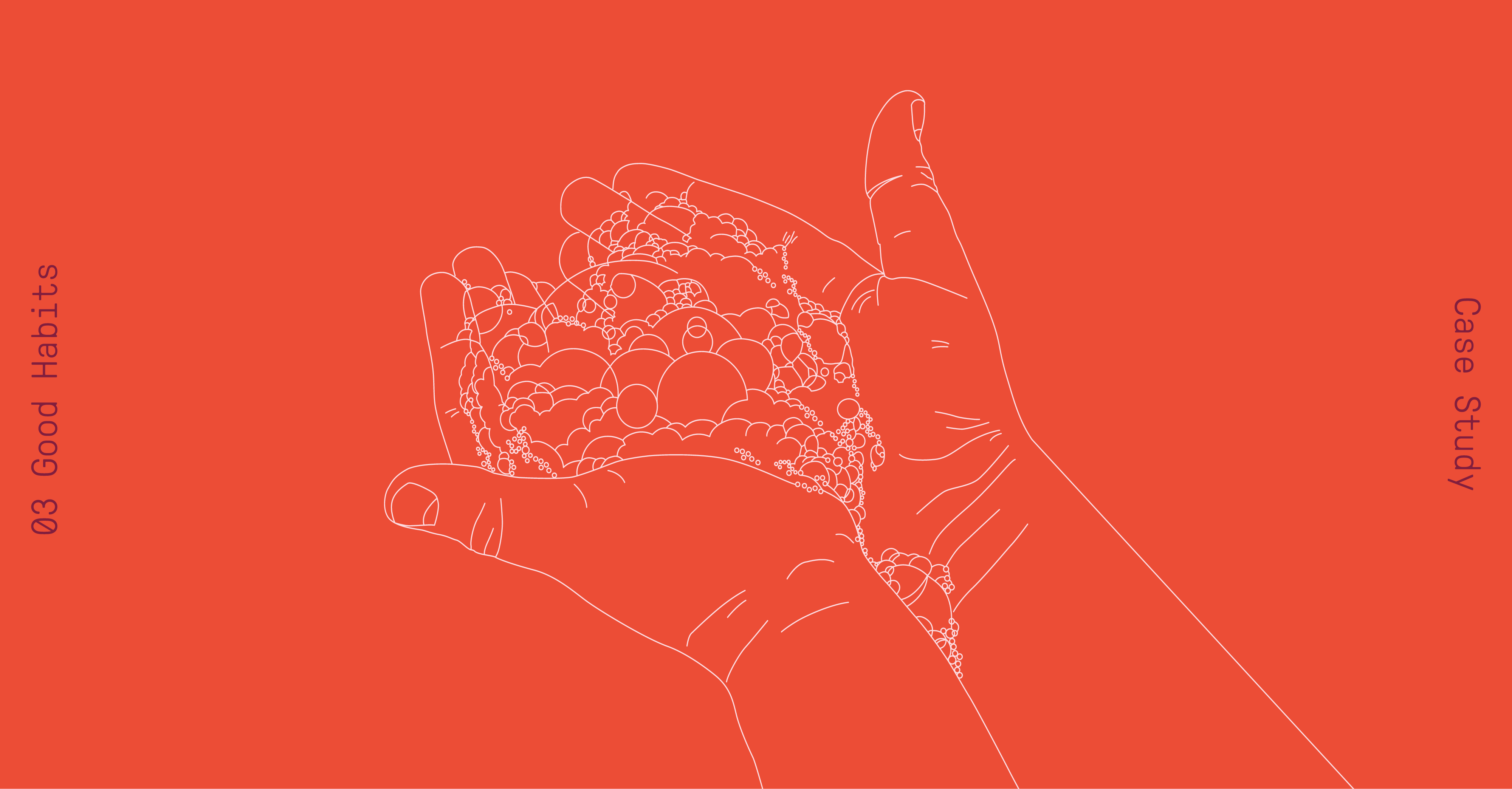
03
HANDWASHING
CASE STUDY
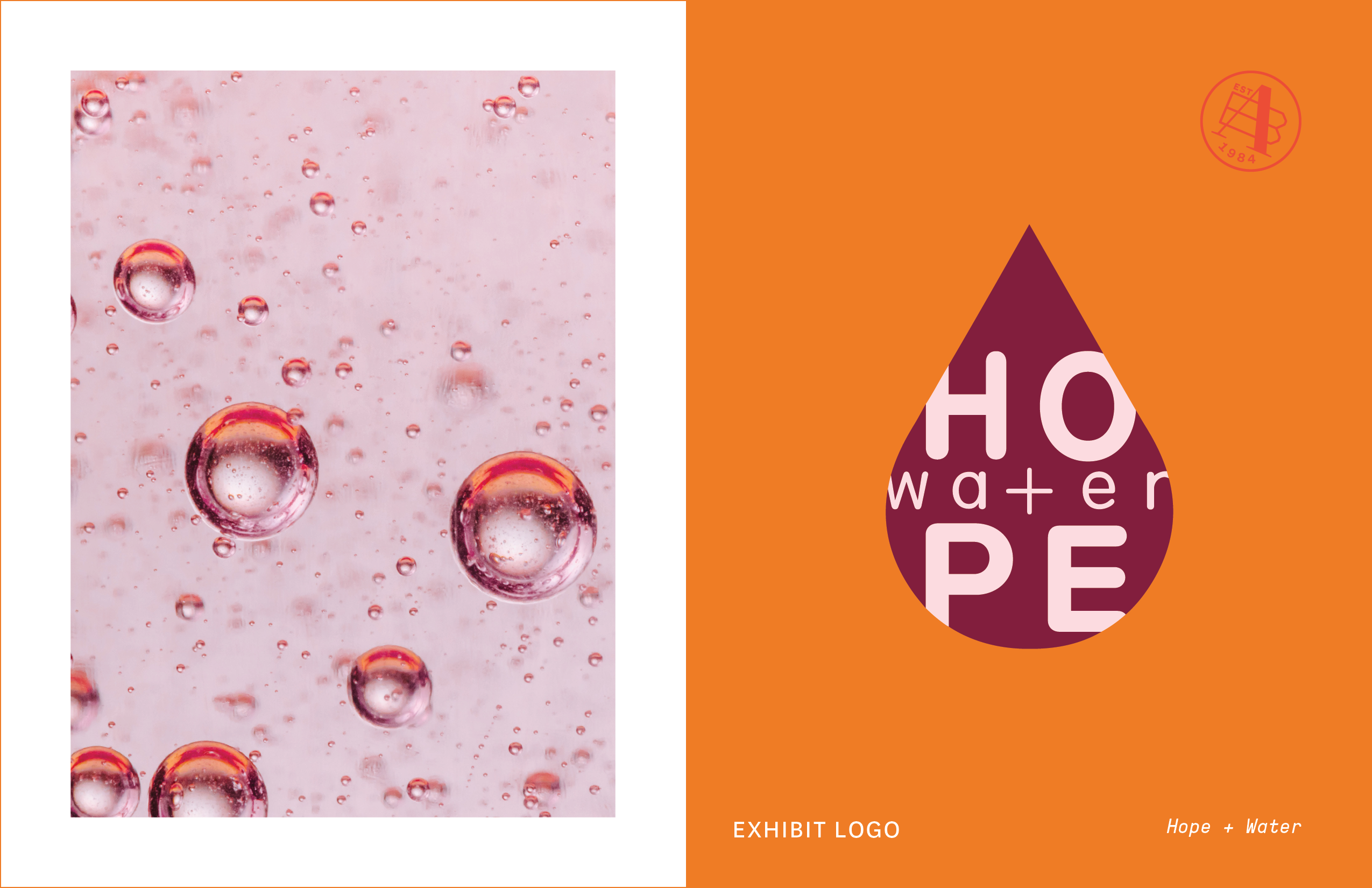
READY, SET, SOAP!
Public Health Awareness
2011-2012
The Brief
This project came out of a collaborative between The Portfolio Center and the Center for Disease Control in Atlanta, GA.
The initial ask was to communicate the importance of handwashing as it related to Public Health, for an exhibit
to be held at Emory's Rollins School of Public Health. Our capsule, titled: Hope and Water, would sit within a broader history of Design for public health campaigns aimed at disease prevention. As a group of Photographers, Illustrators, and Designers, our mission (with the constraints of space and time) was to derive new works for display.
This project came out of a collaborative between The Portfolio Center and the Center for Disease Control in Atlanta, GA. The initial ask was to communicate the importance of handwashing as it related to Public Health, for an exhibit
to be held at the CDC about the history of Design for public service campaigns aimed at disease prevention.
As a group of Photographers, Illustrators, and Designers ( with the constraints of space and time) to derive
new works for display in time for the exhibit at the CDC.
This project came out of a collaborative between The Portfolio Center and the Center for Disease Control in Atlanta, GA. The initial ask was to communicate the importance of handwashing as it related to Public Health, for an exhibit to be held at Emory's Rollins School of Public Health. Ours capsule would sit within a broader history of Design for public health campaigns aimed at disease prevention. As a group of Photographers, Illustrators, and Designers - our mission
(with the constraints of space and time) was to derive new works for display.
This project came out of a collaborative between The Portfolio Center and the Center for Disease Control in Atlanta, GA. The initial ask was to communicate the importance of handwashing as it related to Public Health, for an exhibit to be held at Emory's Rollins School of Public Health. Ours capsule would sit within a broader history of Design for public health campaigns aimed at disease prevention. As a group of Photographers, Illustrators, and Designers - our mission (with the constraints of space and time) was to derive new works for display.
This project came out of a collaborative between The Portfolio Center and the Center for Disease Control in Atlanta, GA. The initial ask was to communicate the importance of handwashing
as it related to Public Health, for an exhibit
to be held at Emory's Rollins School of Public Health. Our capsule, titled: Hope and Water, would sit within a broader history of Design for public health campaigns aimed at disease prevention. As a group of Photographers, Illustrators, and Designers, our mission (with
the constraints of space and time) was to derive
new works for display.
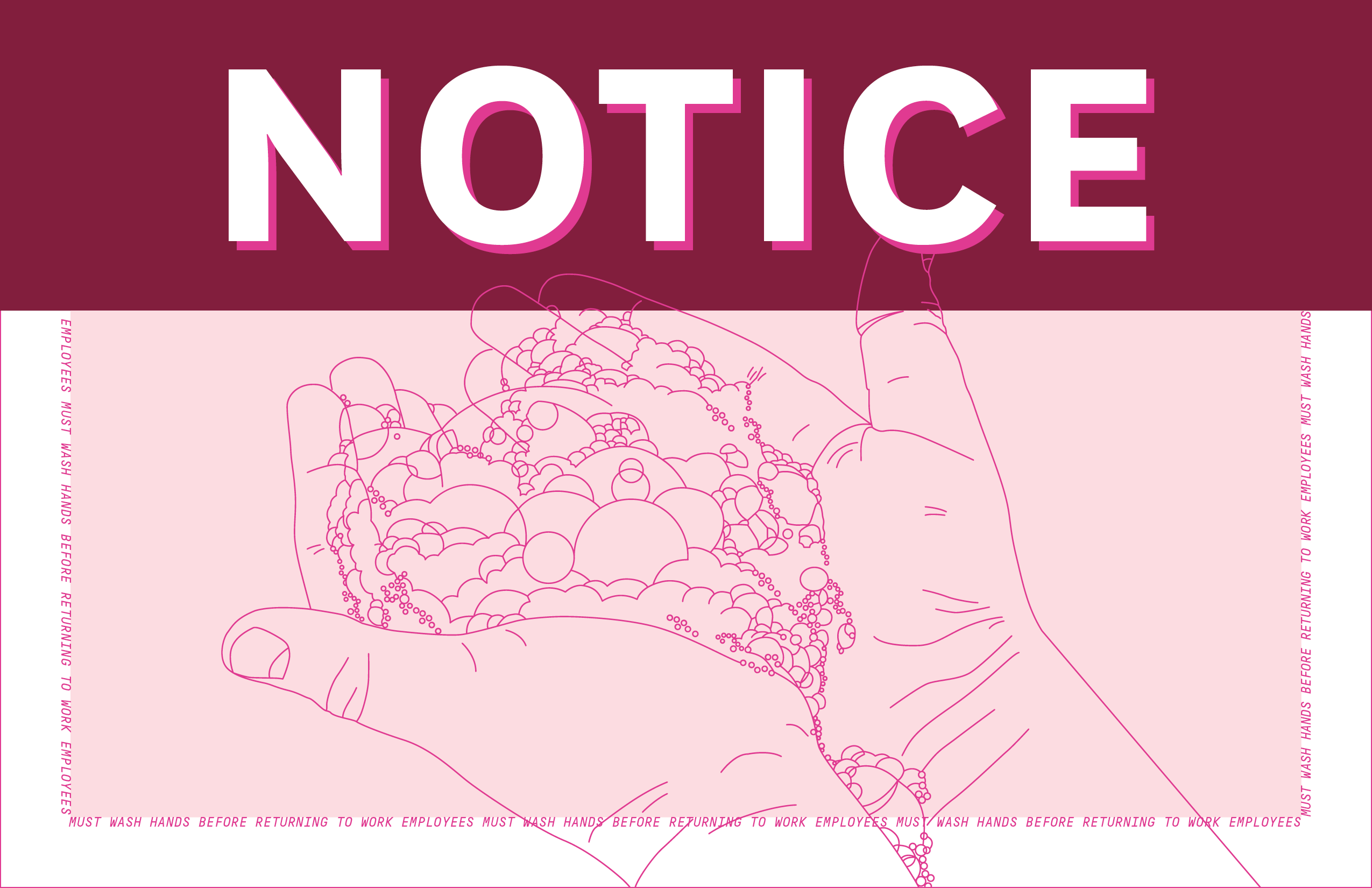
The Story
At the time (fall of 2011), the concept of handwashing did not seem like a novel form of prevention. Regulatory signage about it was abundant above every public sink from Starbucks to the micro-lavatories on buses, trains and planes. Having worked in the service industry and already being so familiar, my goal when I started the research was trying to find something new: a spark that would help lead me away from the banality of another basic "Wash Your Hands" placard. One key piece of information that I quickly discovered was that taking the time to lather and scrub for at least 20 seconds was the requisite for efficacy. This prominent factoid was often followed-up with the advice of timing the scrub to the tune of, "The Happy Birthday Song," which considering how often one should actually perform the ritual, seemed less like some 'neat trick' and more like a depressing consequence. This inadequacy did however raise an intriguing question: is there a better way to hit that target of twenty seconds?
At the time ( fall of 2011 ), the concept of handwashing did not seem like a novel form of prevention. Regulatory signage about it was abundant above every public sink from Starbucks to the micro-lavatories on buses, trains and planes. Having worked in the service industry and already being so familiar, my goal when I started the research was trying to find something new: a spark that would help lead me away from the banality of another basic "Wash Your Hands" placard. One key piece of information that I quickly discovered was that taking the time to lather and scrub for at least 20 seconds was the requisite for efficacy. This prominent factoid was often followed-up with the advice of timing the scrub to the tune of, "The Happy Birthday Song," which considering how often one should actually perform the ritual, seemed less like some 'neat trick' and more like a depressing consequence. This inadequacy did however raise an intriguing question: is there a better way to hit that target of twenty seconds?
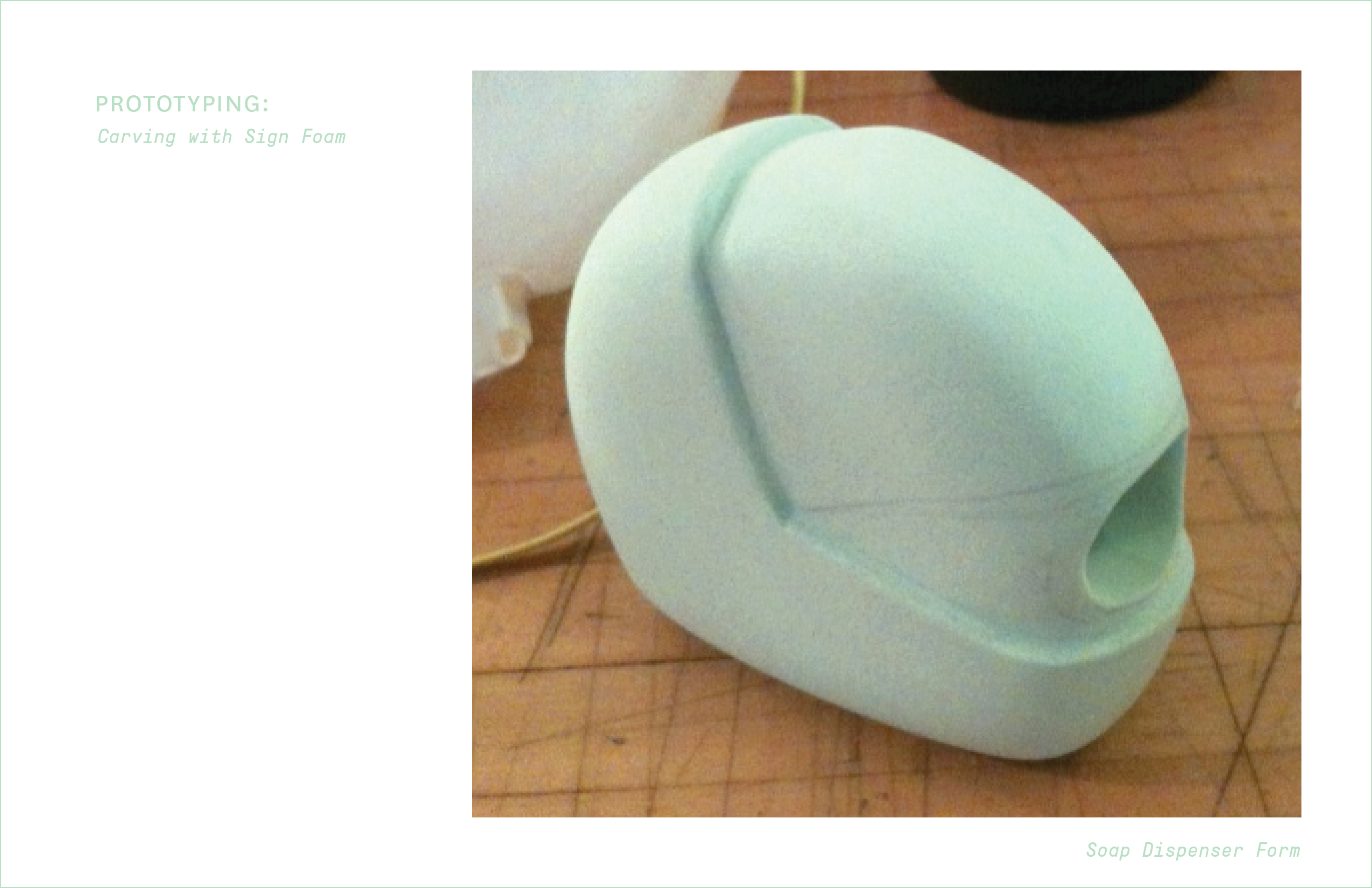
The Process
The act of washing with soap is the most effective when you do it for that specific length of time. The idea of doing it for less is almost moot, but having to count the seconds down, every-single-time you step up to a sink was unappealing (singing Happy Birthday to yourself or not). But—what if you didn't have to think about it at all? This took me back to my time as an athlete, or at least the long and sometimes mundane practice drills you perform day-in and day-out when you're first learning a skill or ball handling technique. In that setting, it's a little more engaging because the complex technique is usually broken down into a few smaller steps, but those fundamentals were the foundational spark for this project: build muscle memory! Like riding a bike, there are some things you just don't forget, or at least you don't have to think about after you've put in the sweat equity. So what if washing your hands was a game, and what if you learned that game at a young age, and once you got it - you never had to think about it [or how long you needed to wash your hands for] ever again. What if it wasn't a forced routine, but something you just did - like a reflex.
The act of washing with soap is the most effective when you do it for that specific length of time. The idea of doing it for less is almost moot, but having to count the seconds down, every-single-time you step up to a sink was unappealing (singing Happy Birthday to yourself or not). But—what if you didn't have to think about it at all? This took me back to my time as an athlete, or at least the long and sometimes mundane practice drills you perform day-in and day-out when you're first learning a skill or ball handling technique. In that setting, it's a little more engaging because the complex technique is usually broken down into a few smaller steps, but those fundamentals were the foundational spark for this project: build muscle memory! Like riding a bike, there are some things you just don't forget, or at least you don't have to think about after you've put in the sweat equity. So what if washing your hands was a game, and what if you learned that game at a young age, and once you got it - you never had to think about it [or how long you needed to wash your hands for] ever again. What if it wasn't a forced routine, but something you just did - like a reflex.
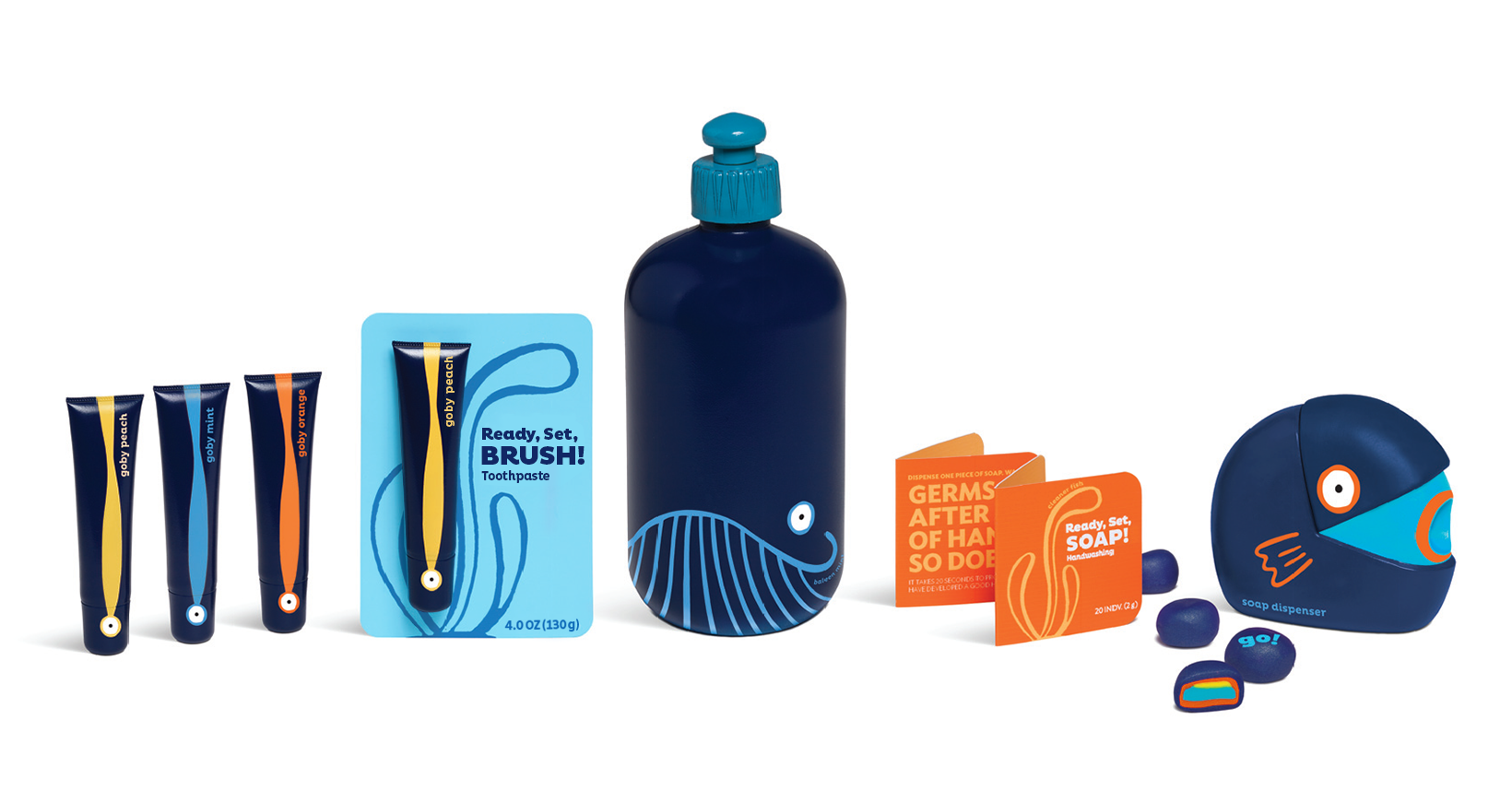
The Result
The Result
Once I landed on the idea of muscle memory, the research turned towards habit building and the concept fell into place. Create individual kid-sized soaps in packs of twenty (because that's how many repetitions it takes to build an actionable habit), and make sure that the soap dissolves in the right amount of time. The time for the exhibit was coming up by the time the final pieces of the concept were coming into clarity, and truth be told: the full system (that included mouthwash and oral hygiene, paired with aquatic counterparts) came after the exhibit opening. However that initial soap concept received such enthusiasm from the group that someone actually suggested it was too good to show - for fear of someone stealing the idea. (Hah!) While I don't have any big corporate partners yet, if there's one out there - now that the year 2020 has reminded us just how important washing your hands TRULY is - let me know if you're ready to make Ready, Set, Soap!** a real thing.
Once I landed on the idea of muscle memory, the research turned towards habit building and the concept fell into place. Create individual kid-sized soaps in packs of twenty (because that's how many repetitions it takes to build an actionable habit), and make sure that the soap dissolves in the right amount of time. The time for the exhibit was coming up by the time the final pieces of the concept were coming into clarity, and truth be told: the full system (that included mouthwash and oral hygiene, paired with aquatic counterparts) came after the exhibit opening. However that initial soap concept received such enthusiasm from the group that someone actually suggested it was too good to show - for fear of someone stealing the idea. (Hah!) While I don't have any big corporate partners yet, if there's one out there - now that the year 2020 has reminded us just how important washing your hands TRULY is - let me know if you're ready to make Ready, Set, Soap!** a real thing.
**CREDIT: Thank you Step Schultz, for manifesting such a perfect name, with your copywriting prowess.
**CREDIT: Thank you Step Schultz, for manifesting such a perfect name with your copywriting prowess.

LET'S STAY CONNECTED




